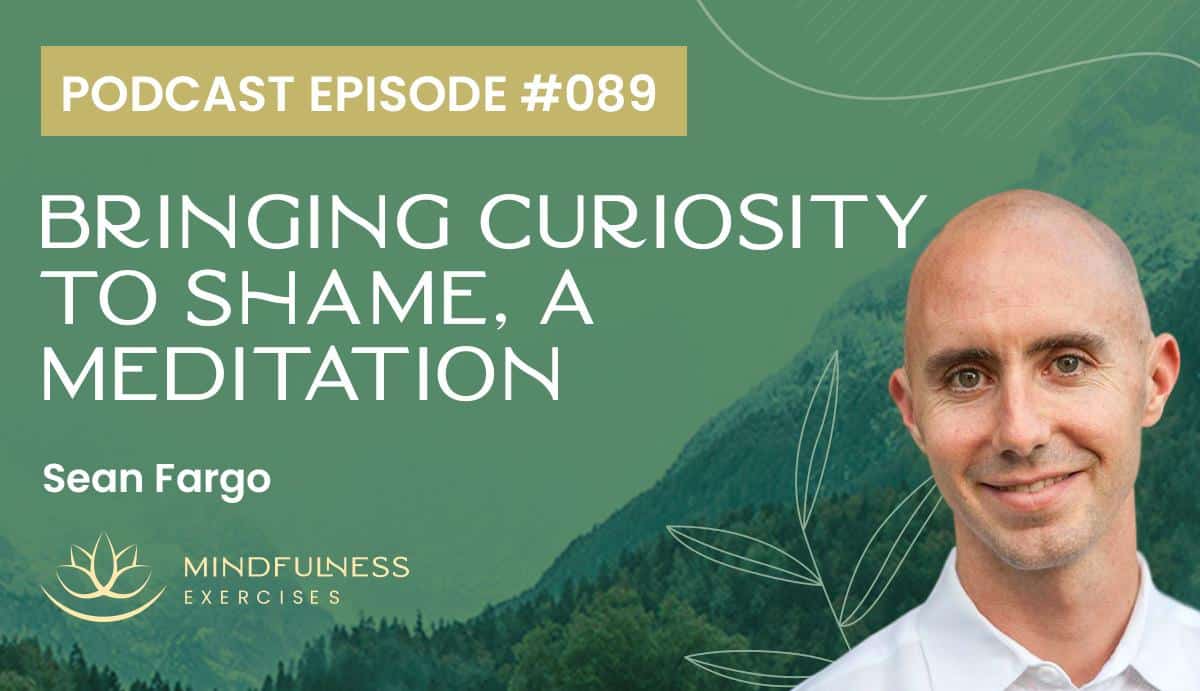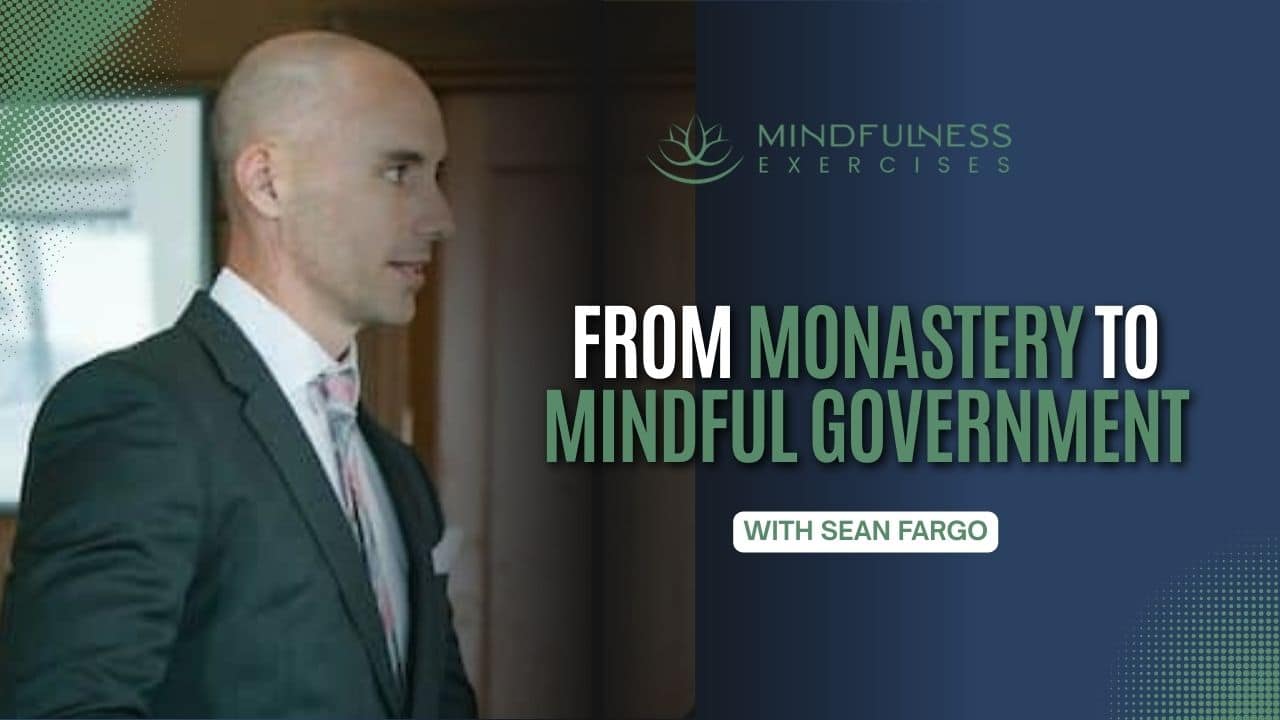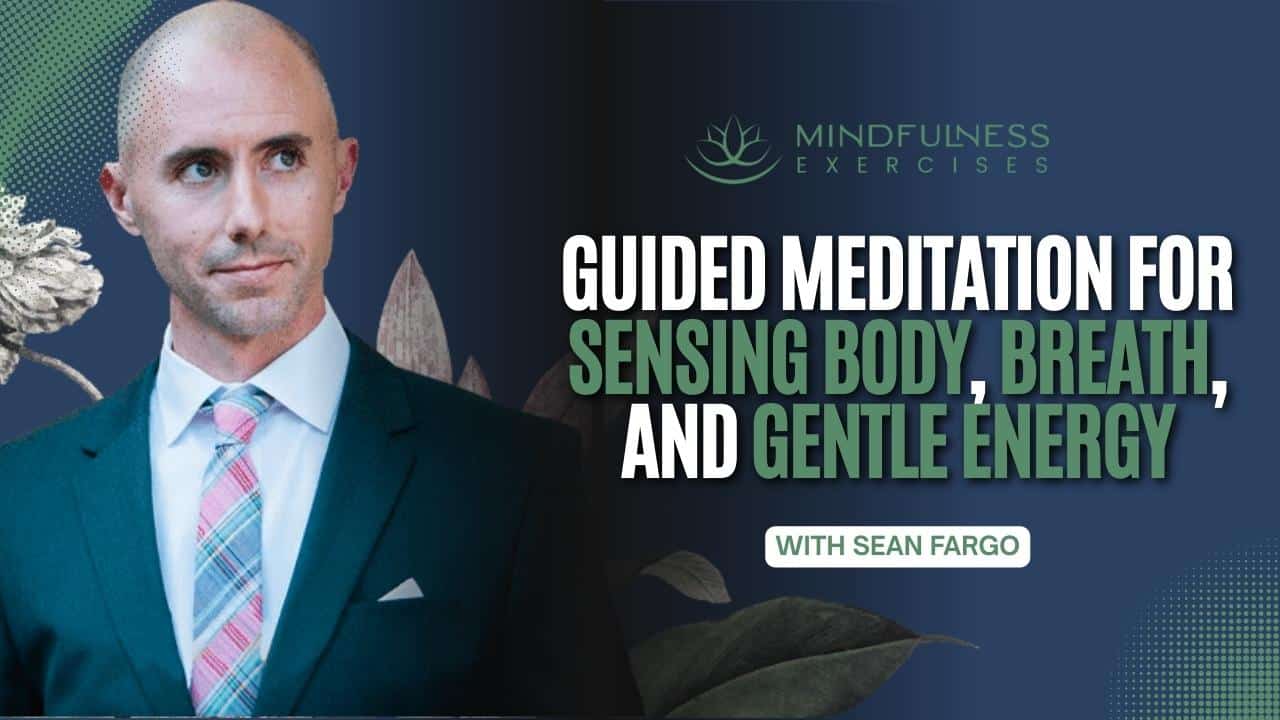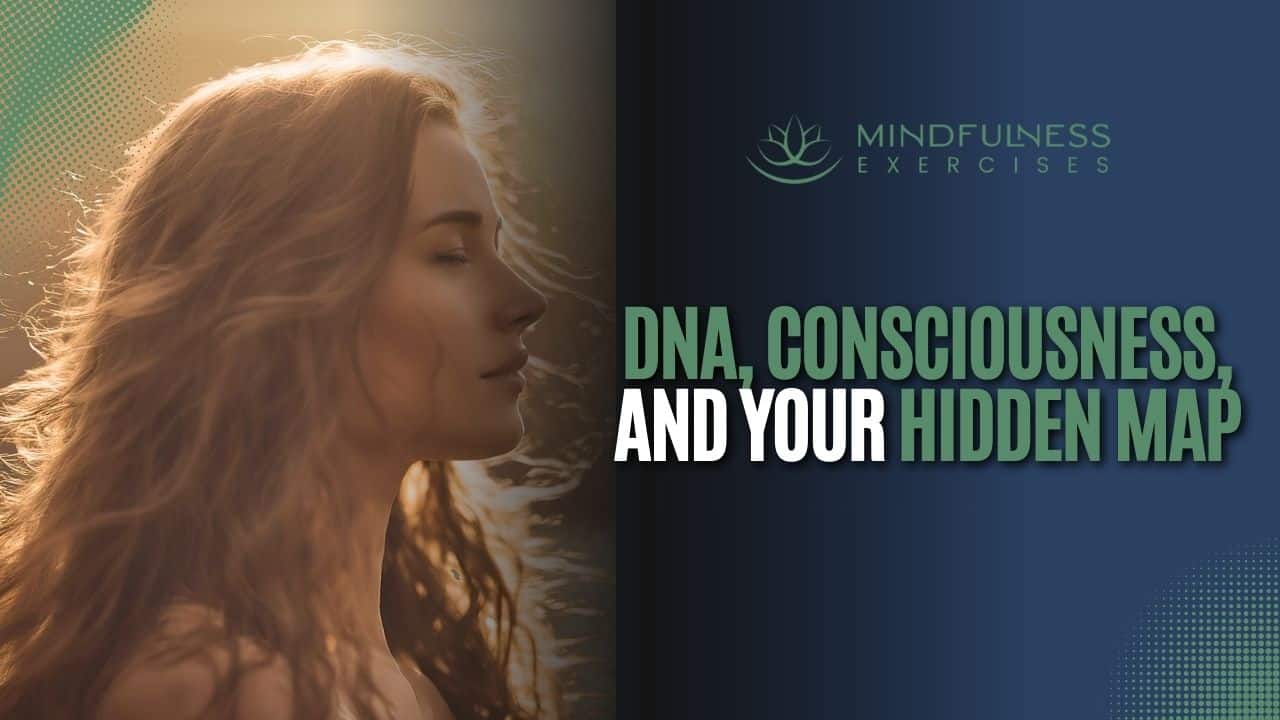Listen now

Shame is the uncomfortable feeling we face having done something we don’t feel good about. Unlike regret, the mindful acknowledgment of a mistake, shame has a quality of self-judgment to it. And whereas guilt is focused on the action, shame is directed to our self as a whole. This can make it challenging to address and compassionately let go of our shame.
In this mindfulness meditation guided by Sean Fargo, we’re invited to face our shame directly. By bringing curiosity to shame and how it manifests in the body, we may find that it does not define us, nor does it have the power we once thought it did.
Listen in a safe, quiet place where you can be relatively free from distraction. Practice with eyes opened or closed, in a posture that balances comfort with alertness. May this meditation be of benefit to you in your mindfulness journey.
Sponsored by our Mindfulness Meditation Teacher Certification Program
MindfulnessExercises.com/Certify
Shame is an uncomfortable emotion that carries within it self-criticism and self-judgment. The negative valuation of not just our actions, but our complete self, can make it challenging to move past shame, as simply acknowledging its presence may feel painful. However, mindfully, compassionately, and courageously facing our shame is the first step toward letting it go.
When we avoid or resist facing our shame, it remains in the body. It triggers the same hormones as stress and has an equally detrimental long-term impact. Long-held shame is associated with an upregulated amygdala and a low sense of self-worth that can lead to depression and other mental health issues.
Despite the consequences of attaching to shame, each brief moment of shame carries within it a seed of self-awareness: the recognition that we’ve done something we don’t feel good about. Shame is not all bad, as long as we can develop a healthy relationship to it.
Mindfulness researcher and meditation teacher Chris Germer describes working with shame as a 3-part process. The first step is to become aware that we are experiencing shame. In this guided meditation with Sean Fargo, we cultivate such awareness by bringing kind and caring curiosity to our shame. By exploring what shame feels like in the body, we begin to create space around our shame, softening our identification with it.
Having established some space between ‘me’ and ‘my shame,’ we can then bring compassion to what we are feeling. Germer describes self-compassion as the opposite of shame. The components of shame include self-judgment, isolation and overidentification. Their opposites, self-kindness, recognition of our common humanity and mindfulness or non-identification, are the qualities of self-compassion.
As you bring kind curiosity to your shame, exploring shame with a warm, open mind, apply this same gentleness to any pain that may arise in the process. Germer describes this escaping, uncomfortable energy as backdraft. It is the pain that runs out as love runs in, a term borrowed from firefighters.
To feel safe in our meditation practice and avoid overwhelming backdraft, we might choose to work with a mild source of shame. During the meditation, as we are present for the practice, another part of our mind is tasked with monitoring our reaction. If at any point we feel as though we have left our window of tolerance, we can meet this too, with kindness and compassion. It’s perfectly ok to pause to get grounded again, or to even shelve the practice and come back to it later.
Learn more about shame and how to work with it with these additional free mindfulness resources:

About Sean Fargo:
Sean Fargo is a former Buddhist monk and the founder of Mindfulness Exercises. The online platform, which has shared free and premium mindfulness resources with over 3 million people worldwide, has now certified over 500 Mindfulness Teachers.
Sean is the lead instructor for the teacher training program, a unique self-paced approach which invites world-renowned mindfulness teachers to share their insights and experiences. Sean has taught mindfulness and meditation for corporations including Facebook, Google and Tesla and for health and government organizations, prisons and hospitals around the world.



